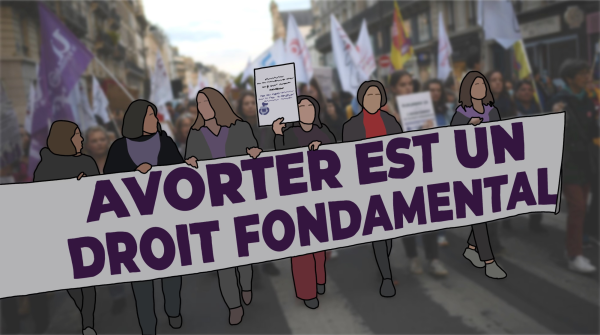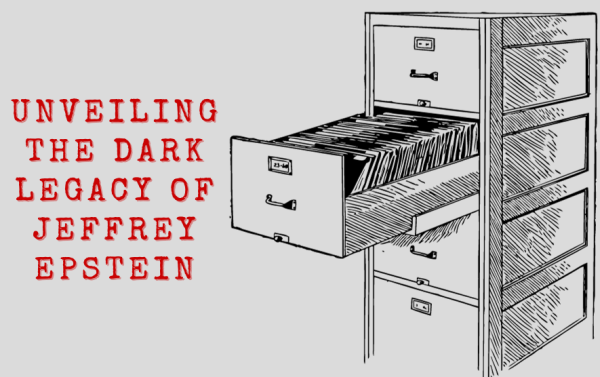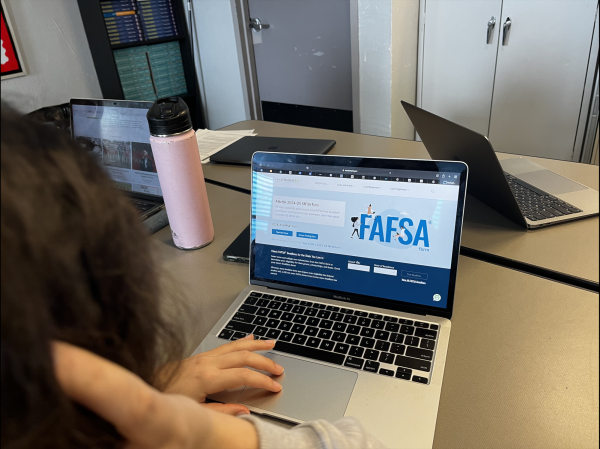Is Robinhood Robbing Investors?
In this time of high market volatility, Robinhood is being accused of market manipulation. But does this story have more to it?
Feb 8, 2021
Brokerages across the country face backlash as the buying of certain securities were limited most notably on the recently popular stock of GameStop Corporation. Traders speculated brokerages did this to bail out Wall Street hedge funds, but the story may be a little more complicated than that.
The stock market became the focus of attention for the entire nation as small investors outplayed Wall Street hedge funds, buying millions of securities in companies like Gamestop, American Multi-Cinema, Blackberry, Nokia and even a joke cryptocurrency, Dogecoin. This caused Wall Street short-sellers, who were betting on the stocks fall, to lose billions of dollars.
After this enormous rise in volume and price, Robinhood decided to limit the buying power of their clients in these securities, allowing for only one or no shares to be bought. This caused a massive uproar as people felt Robinhood was intentionally and illegally manipulating the market in order to protect hedge fund managers from the losses the continued rise would have caused.
“I do not think Robinhood should ever halt trading on securities since they should not have the power to manipulate a free market. However, if there is another good reason, they should make it more clear,” sophomore Beckett Shultz said.
However, that theory may not be entirely true. When an order is placed, Robinhood is not the one to actually execute the order. That job goes to Citadel, which is one of the world’s largest alternative asset managers. This financial services company is the one in charge of reviewing and executing the order. Despite immediately appearing on one’s device, the stock is not actually reviewed and processed for another two days or so.
What this means is that if someone buys stock through Robinhood, that order is immediately sent to Citadel to be reviewed and settled for about two days. But what if the seller has since then become bankrupt? Citadel then has to be able to refund the money to the trader, out of pocket. At the same time, however, the stock price has skyrocketed and Citadel simply does not have enough free-flowing cash to pay traders out of pocket if this scenario were to happen.
This rapidly became an issue with GME specifically, since the skyrocketing volume meant less was available to buy. As a result, Citadel and clearinghouses for other brokerages could not guarantee that stock would be even available. At that point, they would not have enough reserves to pay out of pocket inflating stock prices as outlined by the Securities and Exchange Commission.
Further complicating an already difficult situation, the Depository Trust Company, a New York corporation that performs the functions of a Central Securities Depository as part of the United States National Market System, saw what was happening and told clearing houses they needed to keep 100 percent reserve for collateral. Clearing houses simply could not keep up with that demand and brokerages did not want to sell shares to an overflowing market that it could not guarantee so the only possible solution was to temporarily shut down trading for these securities in order to not only comply with the law but to avoid going under since such a rise with no backup could leave them bankrupt.
Webull, another brokerage that directly competes with Robinhood, was facing the same issue and had to react in a similar manner. However, Webull’s Chief Executive Officer Anthony Denier explained this situation and justified his response, stating his clearinghouse called him Thursday morning and explained the situation to him and what the appropriate responses were. This is most likely what happened to clearing houses of other brokerages, and why the securities had to be limited.
Congress is now investigating the situation, where Robinhood CEO Vladimir Tenev will testify for the House Financial Services Committee. Both Democrat and Republican representatives of Congress spoke out against the move, criticizing what seemed to be blatant market manipulation. The goal of the hearing is to determine what level of involvement hedge funds had on the buying freeze since the decision left GME stock price plummeting due to falling volume and only being able to sell positions.
“The Robinhood CEO should further explain the situation and make it clear if there really was not any foul play. I am glad an investigation by Congress is undersuit,” sophomore Lucas Paez said.
Many argue that this investigation should be carried out in order to give reassurance to traders the market is not controlled by billionaires on Wall Street, since traders are less likely to have any involvement in the stock market if they feel it has been rigged against them. Assuring the market is free and not under strings is a pivotal point to the maintaining of equality and democracy in the United States.
[powr-twitter-feed id=b6e3235d_1612806036416]

























